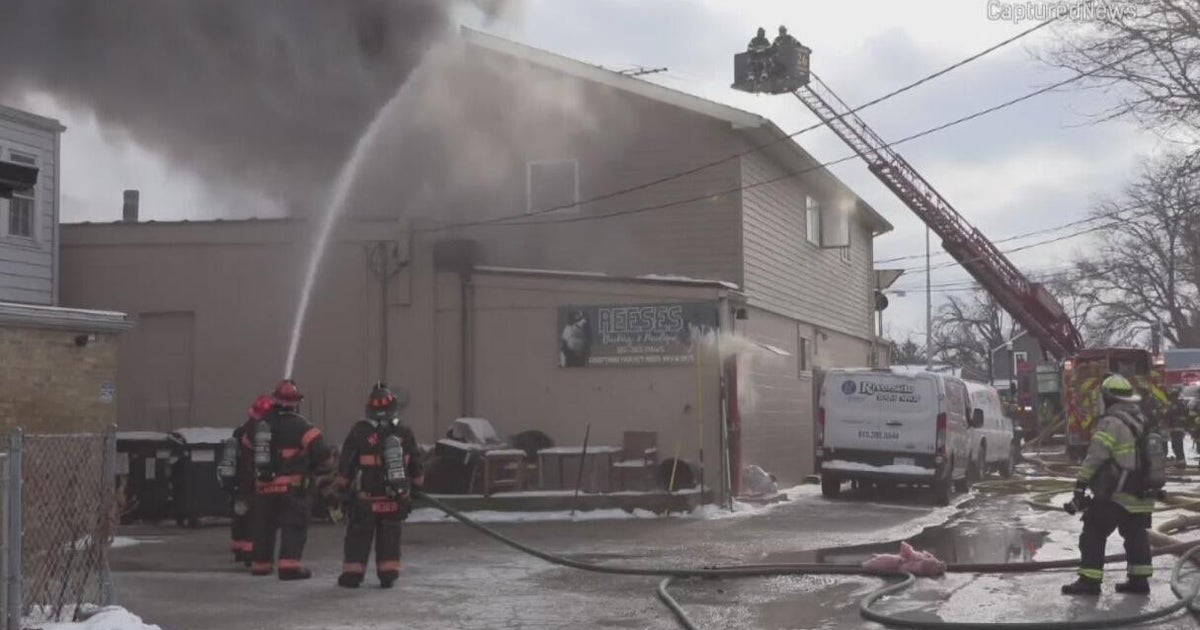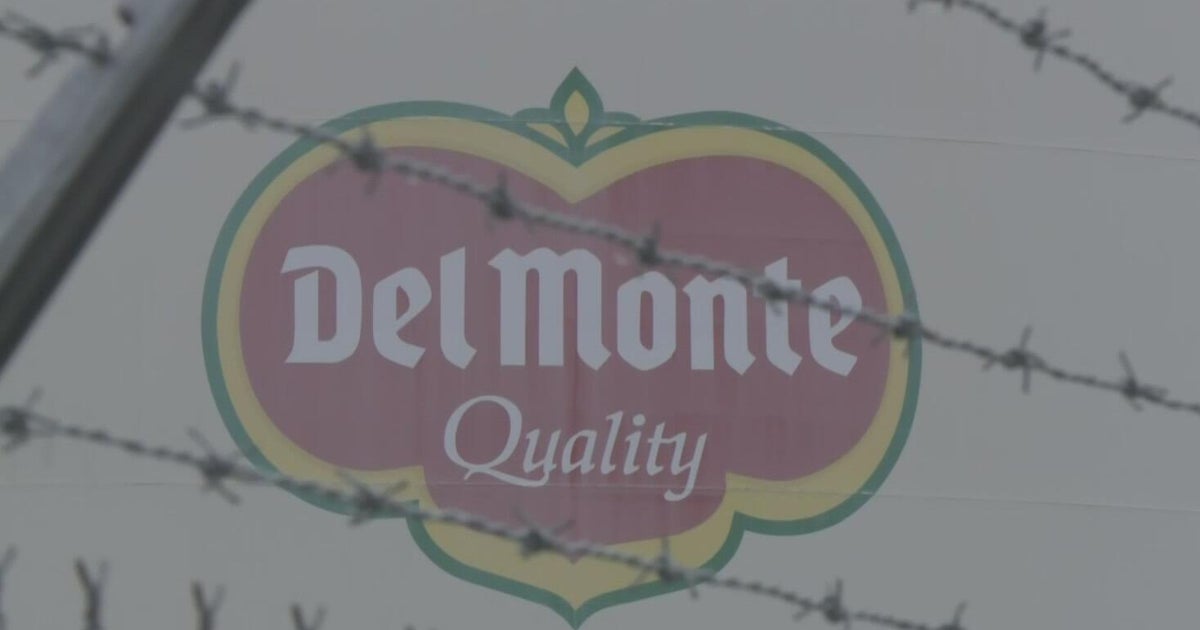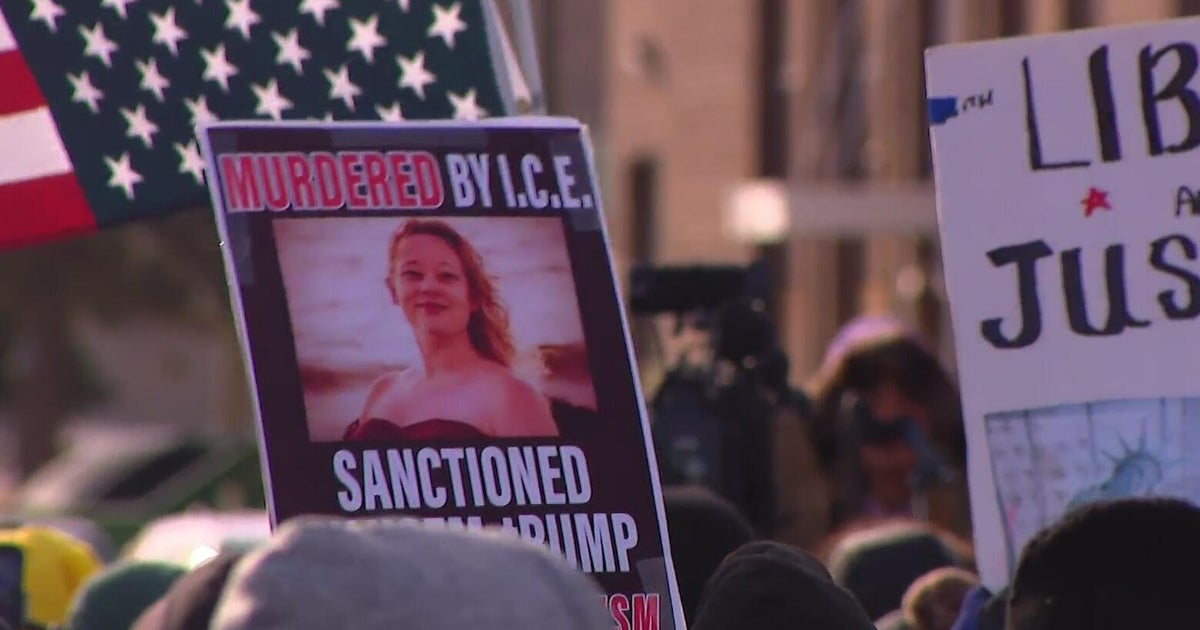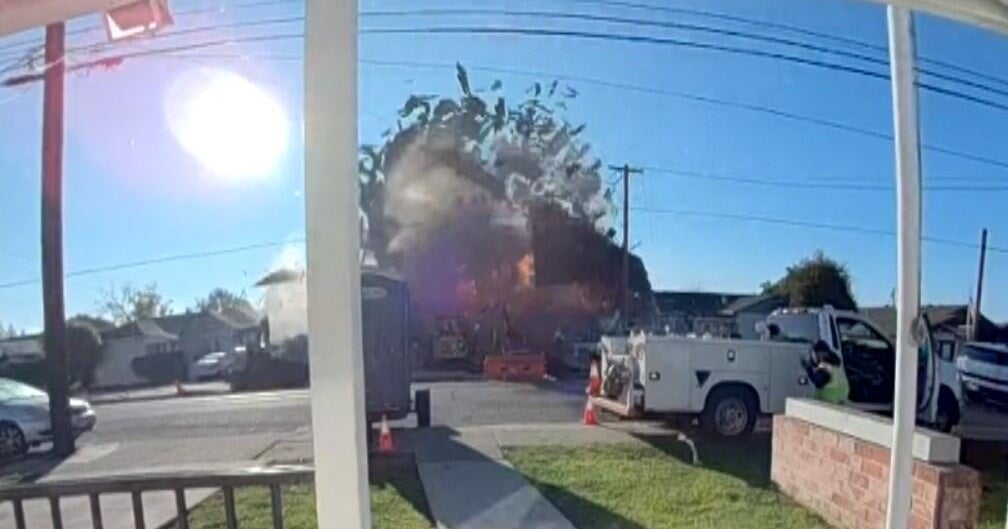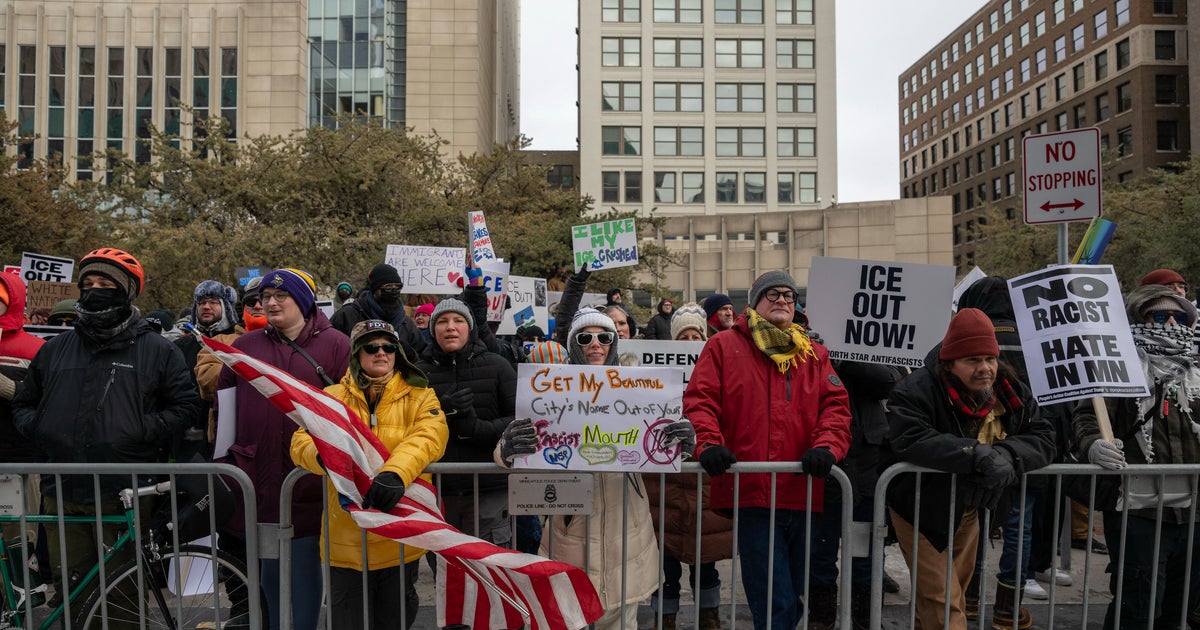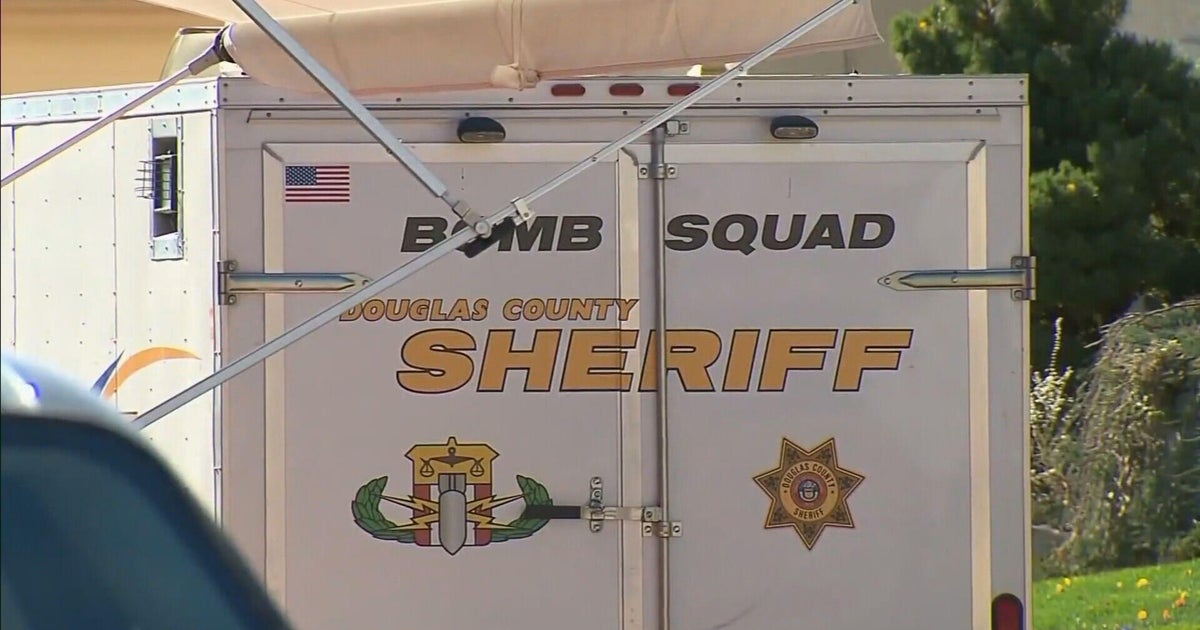Quinn: Japan Crisis A 'Wake-Up Call' For Nuke Plants In Illinois
WASHINGTON (AP) -- Japan's crisis with damaged nuclear reactors following last week's earthquake and tsunami is already having a political impact in Illinois, which has the most nuclear power plants of any state.
Gov. Pat Quinn said Thursday he would seek higher fees on power generator Exelon Corp. and review safety measures surrounding the state's nuclear power plants.
Speaking from Washington, Quinn said he was troubled by unfolding events in Japan, where emergency workers have tried to cool an overheated nuclear complex damaged by a deadly earthquake and tsunami. The governor said he met Wednesday with state emergency management officials to discuss the safety of the state's 11 nuclear power plants.
"I just think now's the time, given this terrible catastrophe, that our state, the leading nuclear state in the union, have a full-scale review of everything," Quinn said.
Illinois has more nuclear power plants than any other state in the U.S. and generates about half of its power from nuclear energy. Quinn noted that nuclear plants in Joliet and Dresden shared similar designs to the overheated Fukushima Dai-chi nuclear complex in Japan.
Chicago-based Exelon is a major operator of nuclear power plants and has marketed wind energy in several states. Quinn, a Democrat, said he would seek the General Assembly's approval to raise Exelon's fees to ensure the state's emergency management agency has what it needs to ensure safety at the plants.
The governor said the fees haven't increased in nearly a decade and he wants state officials to determine whether they need more money to conduct safety inspections of the plants.
"These events in Japan are a wake-up call," said Quinn, adding, "We need to take a look at this. If we have to get even more of a fee to make sure we have the best nuclear safety in the world, so be it."
Exelon spokesman Craig Nesbit said the company's plants "are safe, but we appreciate the governor's concerns about the Japan disaster and we'll be discussing the issue with his administration."
Quinn said he met with his state's congressional delegation to discuss ways the state can capture "every federal dollar we're entitled to." He said Illinois is seeking more federal money for high-speed rail projects that Florida forfeited and he hoped to accelerate plans for a route between Chicago and St. Louis.
The lawmakers also discussed the Thomson prison, which the Obama administration has proposed buying from the state for about $170 million. Congress has not yet approved money for the sale.
Quinn said lawmakers hope to get a letter from the White House explicitly banning the movement of detainees from Guantanamo Bay to the 1,600-cell prison in Thomson, Ill., 150 miles west of Chicago.
Congress barred the transfer of Guantanamo Bay detainees to the United States in December, but Quinn said the letter would help clear the way for the sale, which has faced opposition in Congress.
A White House spokesman did not immediately comment on the prison.
Separately, Quinn said he planned to meet Friday with Chicago Mayor-elect Rahm Emanuel to discuss ways they can work together to improve the state's economy. The governor said both he and Emanuel wanted to be "aggressive and progressive" in bringing jobs to the state.
Emanuel was elected Chicago's mayor last month. The former congressman and White House chief of staff takes office in May and replaces retiring Mayor Richard Daley.
© 2010 The Associated Press. All rights reserved. This material may not be published, broadcast, rewritten or redistributed.
